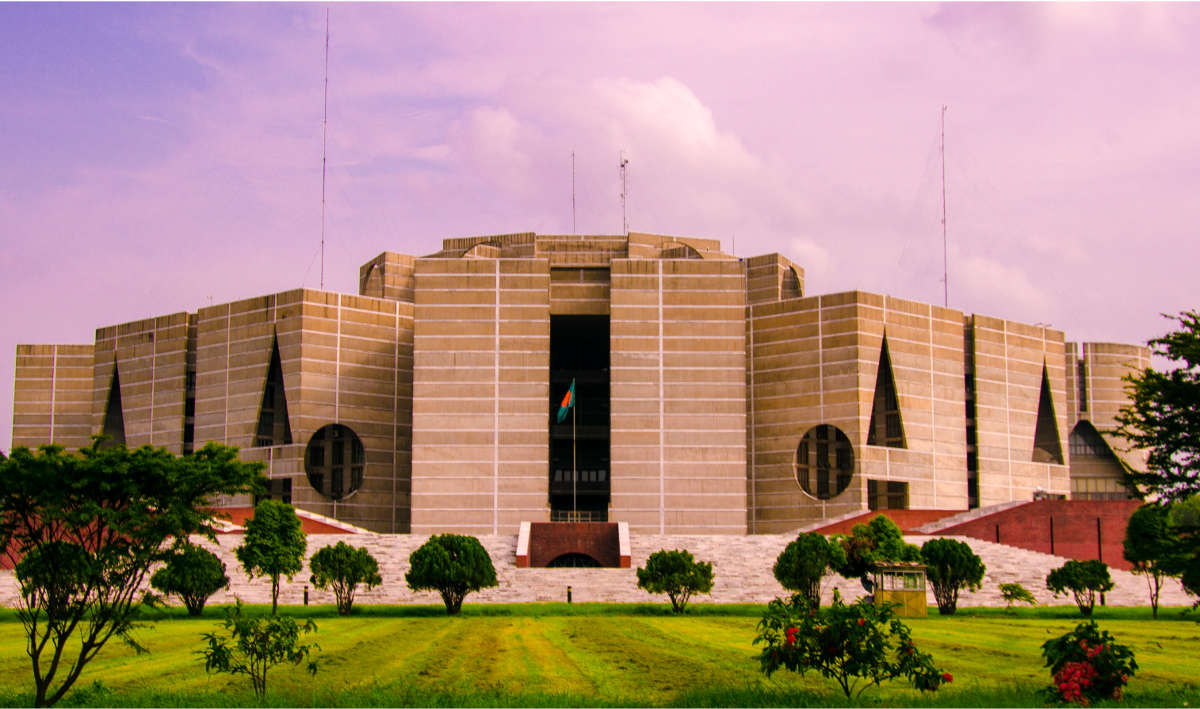DHAKA, Bangladesh (ViaNews) – As the political temperature has been rising substantially in Bangladesh over last several months, the nation and the world might witness the return of violence that took place twice (in 2014 and 2015) in a span of four years within the country.
As Bangladesh begins the preparation for the next year’s parliamentary polls, which is due by the end of 2018, analysts and observers worry that renewed demand of Khaleda Zia, an ex-prime minister and chairperson of the country’s leading opposition Bangladesh National Party (BNP), for a neutral election-time regime could threaten new series of street protests that might continue for months.
Khaleda Zia ruled out questioning the next polls without ample changes to election rules, including a return to a neutral curator system for supervising the ballot. Recently, she said after a party event, “Only a neutral caretaker can guarantee free and fair polls and we will soon launch a movement for that.”
Last election in 2014
BNP did not contest Bangladesh’s parliamentary polls in January 2014, paving the way for a runaway Awami League win. BNP protested the polls as one-sided and the party continues to focus on the fact that the current government came to power with more than 50% seats (154 seats out of total 300 seats) won by the candidates without any contest.
The 2014 election sparked waves of instability throughout the country. The protests launched during the 2014 election, which lasted for more than a month, saw hundreds of people either killed or severely injured.
BNP later launched similar countrywide protests at the beginning of 2015 in order to topple the government in its first anniversary, making the country come to a standstill for nearly three months.
Rohingya angle to the coming election
The Rohingya crisis initially caught the current Awami League government on the wrong foot. The influx of Rohingya refugees from Myanmar’s Rakhine state into Bangladesh was expected to move towards a full-blown humanitarian crisis inside Bangladesh. Many analysts predicted that the current Awami League government had to undergo a wave of criticisms for any possible dearth in its handling of the massive influx of refugees into the country.
But those perceptions have quickly shifted, with the government now winning praise from countries in both the Western and the Muslim world for her comparatively softer approach to a crisis, lifting Bangladesh’s global image.
During a press conference in Yangon, the US Republican Senator Jeff Merkley said, “Bangladesh managed the crisis wonderfully by opening its doors to these hapless Rohingyas and it has closely worked with the UN and other governments.”
European and Middle Eastern leaders have praised the current government and are now strongly backing her efforts to diplomatically push Myanmar to repatriate as many as 600,000 Rohingya Muslims who fled the country since late August.
The mounting global pressure finally forced Myanmar into signing a repatriation agreement with Bangladesh in November, though no timeframe has been accepted. Political analysts are now considering how the repatriation deal may impact on next year’s polls.
If the current government gets the repatriation process going in the next few months, the government might earn huge credit to the eyes of the Bangladeshi people before the coming election. However, it appears from the overall development with regard to the repatriation process that any substantial result is unlikely to come in near future.
Demand for neutral election-time regime
Khaleda Zia’s decision to oppose polls unless the caretaker system is restored caught the Awami League off guard. Before she left for London in July, a sense prevailed among the country’s analysts, academics, and civil society members that BNP might participate in the coming parliamentary election under the present arrangements.
Khaled Zia also sought for “no EVM” and “military deployment with magisterial power” during polls alongside her demand for a caretaker government.
Dice were also thrown for a ‘cooperative government’
Awami League members insist that the caretaker system could be abused by the military, bureaucrats, and others to cling to power. After the former BNP-led government handover the power to the caretaker government in 2006, the caretaker government transformed itself into a de facto interim regime to rule the country for around two years, with the alleged support from the military.
Khaled Zia, in recent times, got the support of Western governments and human rights groups that had questioned the current government rights record, including its heavy-handed tactics in dealing with the political opposition. However, those perceptions of the international community have considerably changed – as mentioned earlier – with the current government handling of the Rohingya crisis. The government showed both sympathy and tolerance in handling the issue; sympathy towards the Rohingyas and tolerance to Myanmar’s military junta’s act of unleashing tremendous suffering for the Rohingyas in Myanmar’s Rakhine state in order to push them into already densely populated Bangladesh.
Awami League youth leader Ajay Sarkar told Asia Times, “They [BNP] are trying to start a violent campaign in the country,” and “We are ready to fight them out in the streets and wherever else we are challenged,”.
On the other hand, BNP leadership believes that a “strong popular movement” can bring down the Awami League government even before the next election. BNP, thus, is expected to launch a countrywide protest similar to the aforesaid protests it launched in 2014 and 2015.
Recently, the senior BNP leader Ruhul Kabir Rizvi at a press conference said, “If the police are neutral for two days, we can bring down this government, the people are with us” and “If there is a fair election, they [Awami League-led alliance] won’t get 30 seats in the 300-member parliament.”
If these are the overall signs of how the political situation will evolve in the run-up to next election, due by the end of 2018, the message is really frightening. The culture of violence appears to be still alive in the country’s political life like the violence that engulfed the nation twice in 2014 and 2015.
Therefore, any ultimate decision by the BNP and its allied parties to boycott the next year’s election could tilt the country back towards instability.







